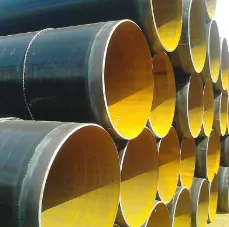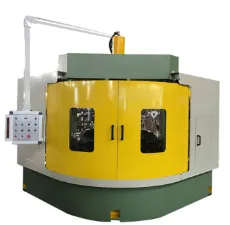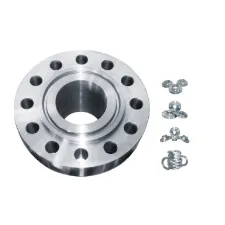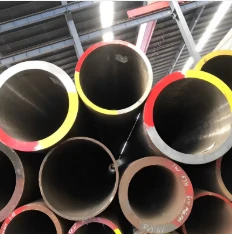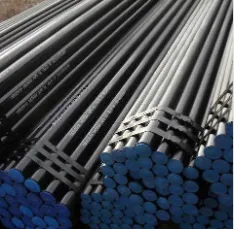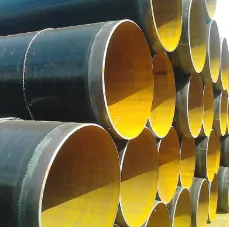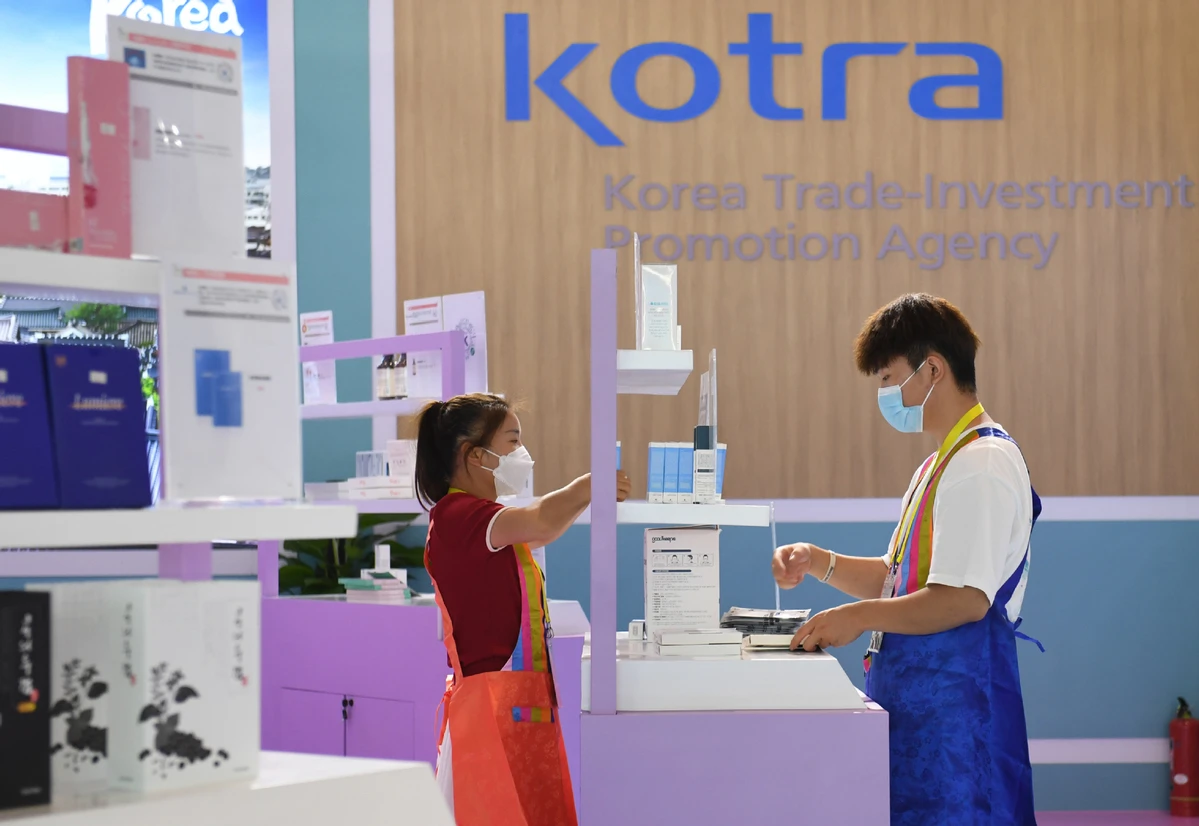
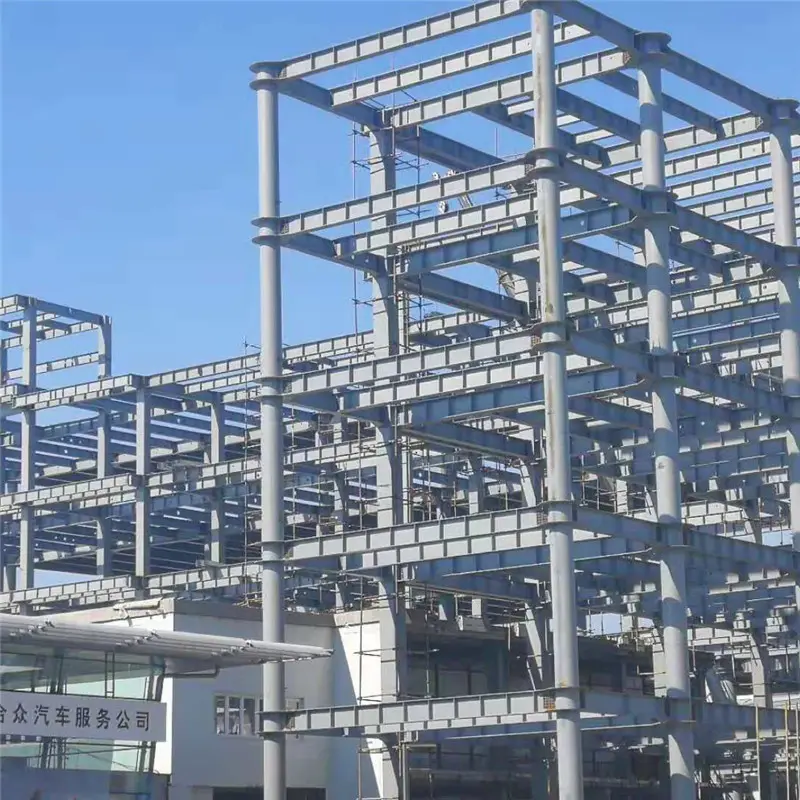
Thermal-spray aluminum coatings provide a unique protection mechanism through a process that involves the evaporation of aluminum wire into spray form, then applied directly to pipe surfaces. This method offers an exceptional resistance to heat and salt-laden environments. Most notably used in marine and coastal applications, this type of coating provides a sacrificial layer that prolongs the pipeline’s lifespan by preventing corrosive elements from reaching the pipe surface. To solidify a reputation for expertise within the field, it is imperative to recognize the importance of selecting the appropriate coating type based on the pipeline’s operational environment, transported materials, and exposure conditions. Industry professionals seeking to maximize asset lifespan and reliability must also consider the environmental impact and safety standards associated with each type of coating. Any decision should be backed by a comprehensive understanding of both the technical benefits and limitations inherent to each coating type. Consulting with material scientists and professionals trained in the latest coating application techniques further enriches the decision-making process. Staying abreast of technological advancements and innovations in pipeline coatings is crucial. New developments, such as nanotechnology-enhanced coatings and environmentally friendly formulations, extend possibilities for even greater efficiency and sustainability. Continuous professional development, supported by robust industry networks, grants professionals access to the latest findings, thus bolstering their authority and expertise in the field of pipe coatings. With the right approach and coatings, industries can ensure pipelines remain operational and secure, effectively safeguarding investments and minimizing environmental impact. Building trust through informed decisions and adhering to best practices elevates the quality and reliability of pipeline infrastructures worldwide.
Post time: Фев . 17, 2025 12:33
Prev:










